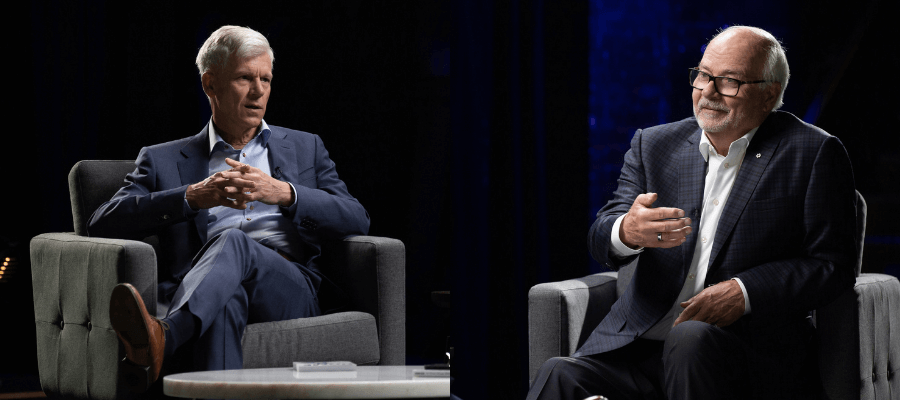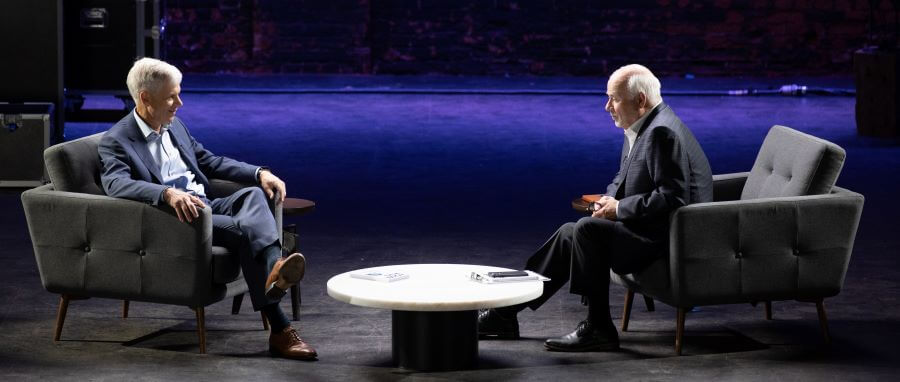There is a great deal of focus these days on the millennial generation, the under-35 year-olds who bring with them a very individualistic, values-based approach to both work and life.
This is also a group, nurtured by attentive and historically affluent parents, that face the perhaps the greatest generational challenge when it comes to home ownership. Soaring residential real estate prices – especially in major urban centers – means an almost impossible financial stretch. Unless, of course, those same parents pitch in to help.
For many parents, helping their young adult children establish their own families and homes, is an important priority. But at a time when Canadians are contending with record amounts of household debt – and often enter retirement years with a home mortgage of their own – it can contribute to acute financial pressure.
With the holidays just around the corner, HomeEquity Bank undertook research to better understand the spending priorities of Canadians 55+. The survey posed questions about spending habits, home ownership, and support to children and grandchildren. It was conducted at the 2017 Toronto Zoomer Show, with 682 participants.
The survey’s results showed a generation that has had a significant shift in financial priorities. Our research indicates that today’s retirees place a greater emphasis focused on supporting their children and grandchildren with education, homes and unexpected expenses.
Fully 21% of respondents indicated they provided one-time financial support for children or grandchildren, helping them with major life milestones like buying a home or getting married. Another 14% indicated that they currently have children and/or grandchildren living with them.
Another 5% provide ongoing childcare support for younger relatives. And when asked what they would do if they were to receive a significant amount of cash, a significant portion indicated it would go to basic living expenses like debt repayment or healthcare expenses.
It is a starkly different picture than that of years past, one that reflects a shift in the economic opportunities available to younger Canadians:
The financial squeeze facing Canada’s millennials has spilled over to affect older generations – and it is changing the way that Canadians aged 55+ set their priorities and live their lives.







